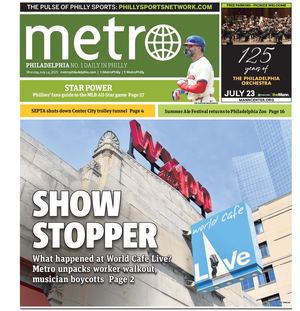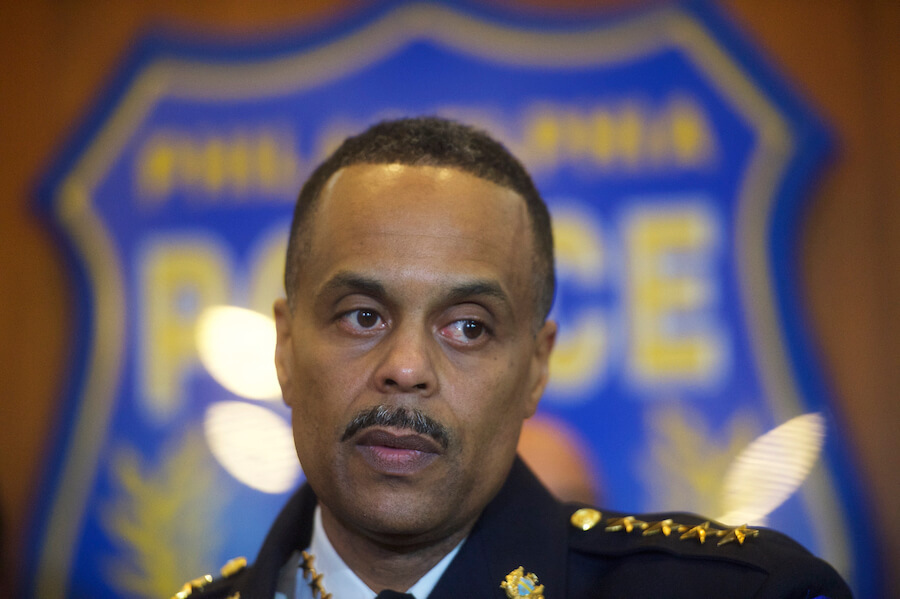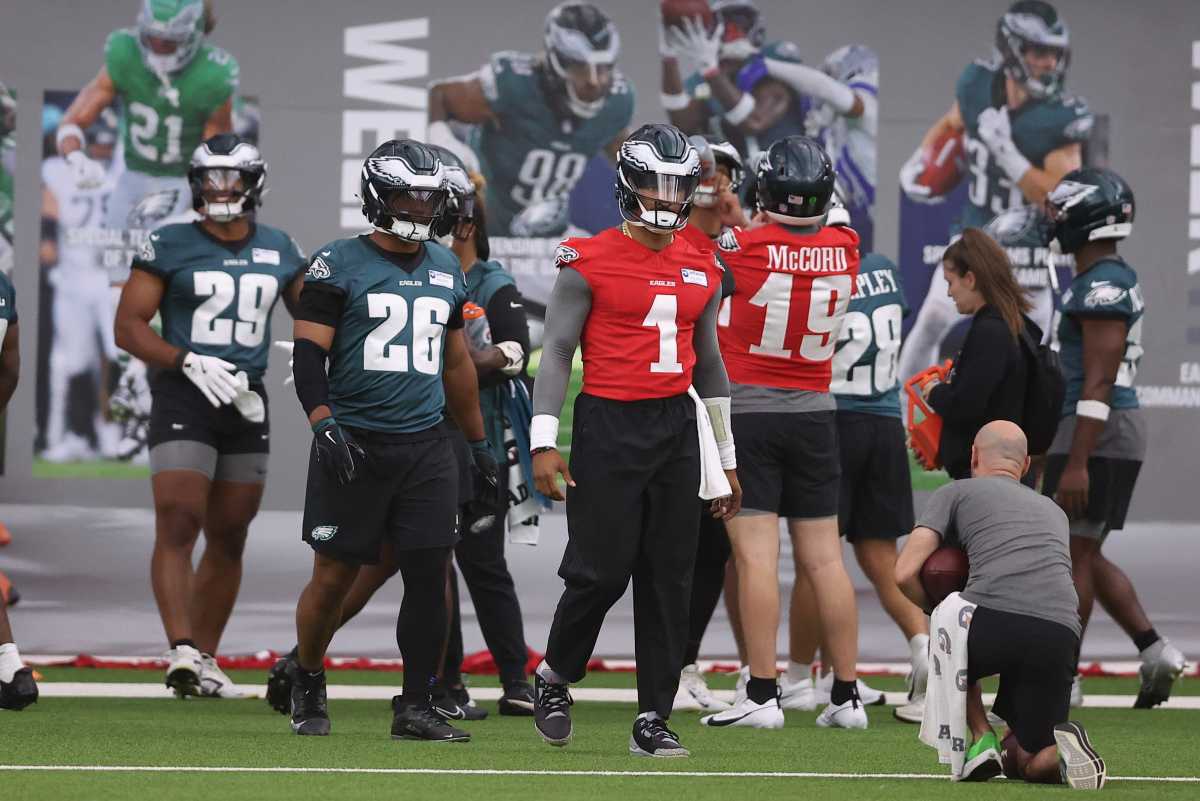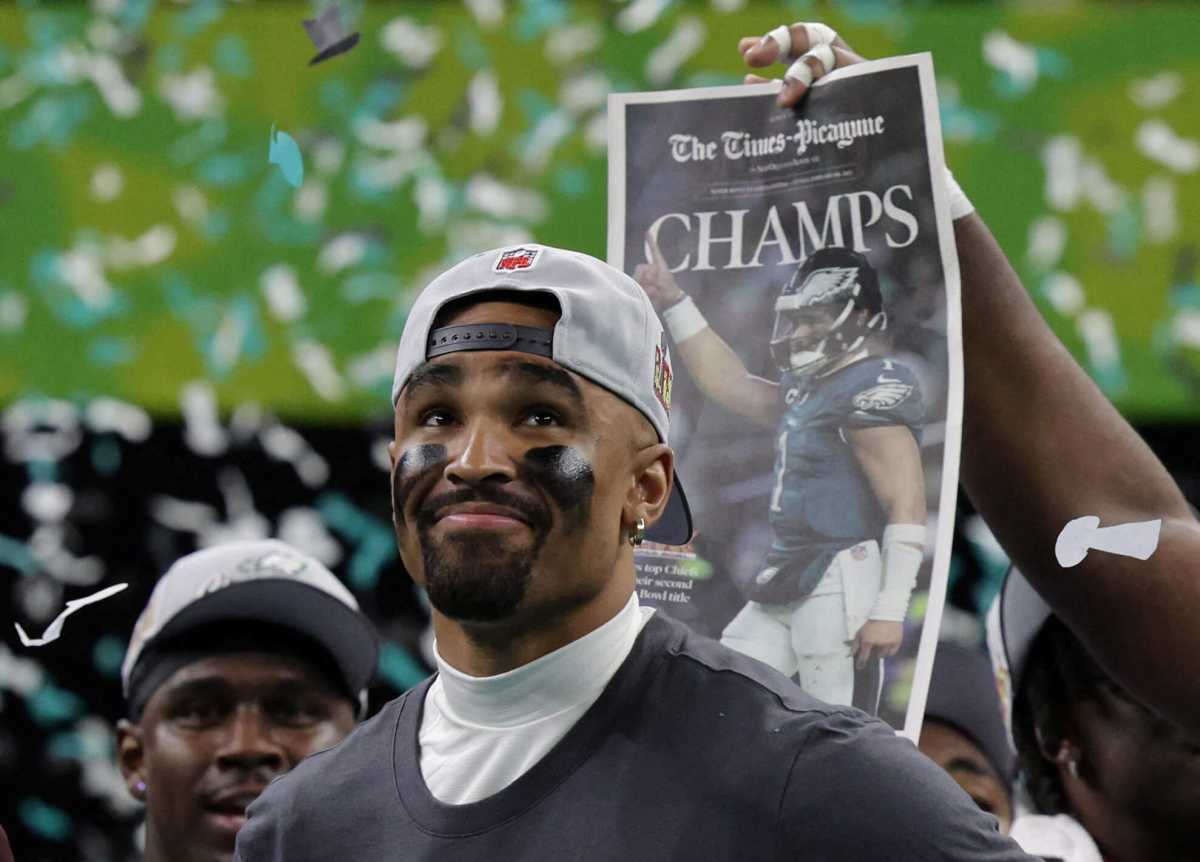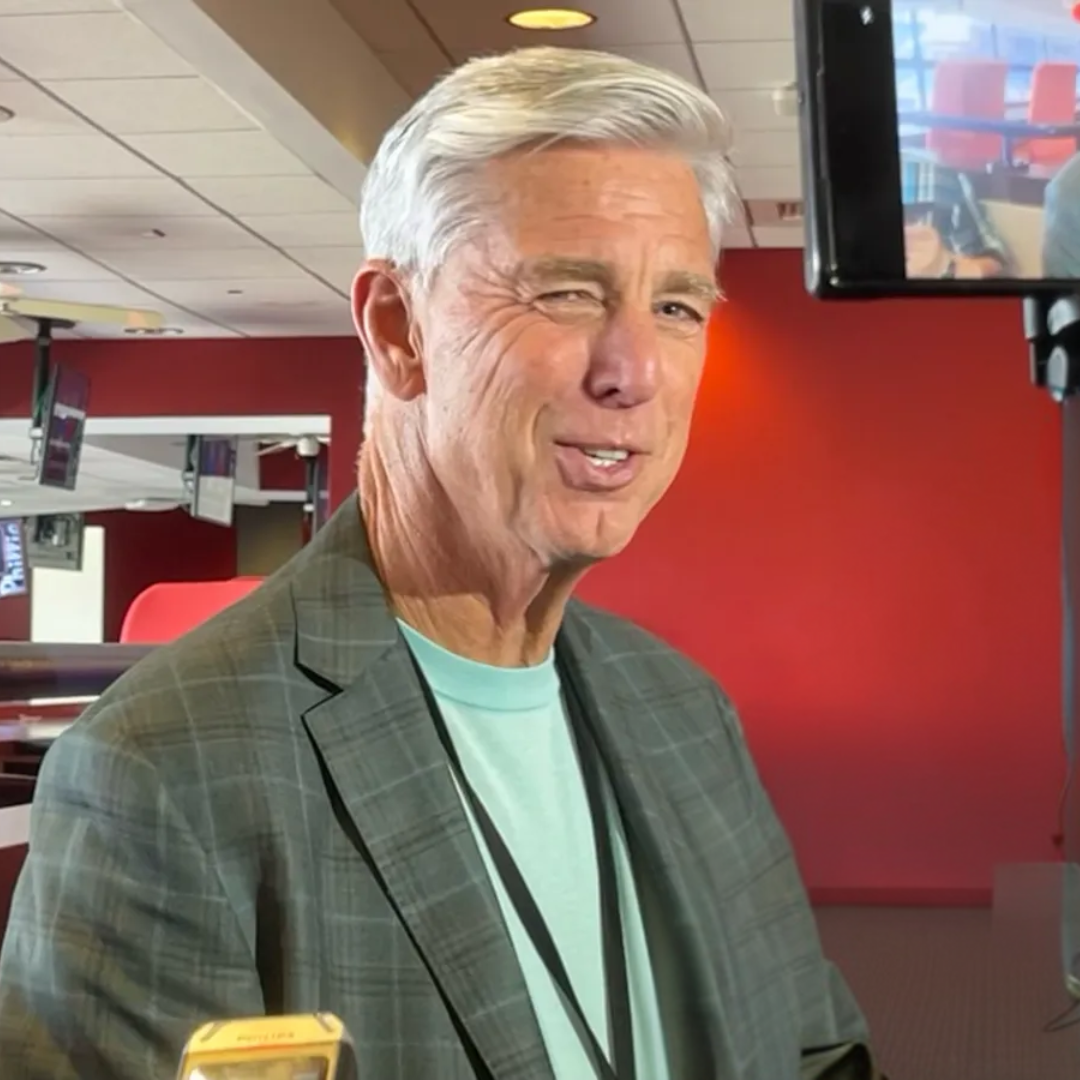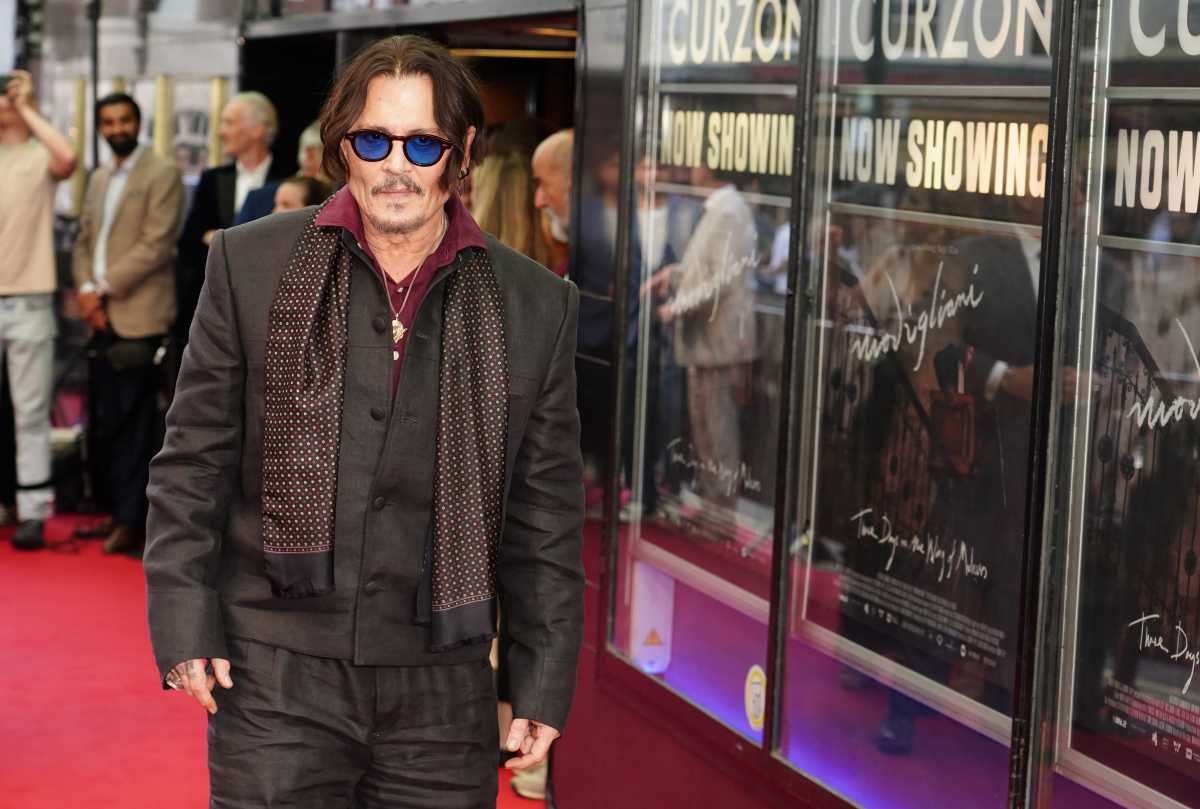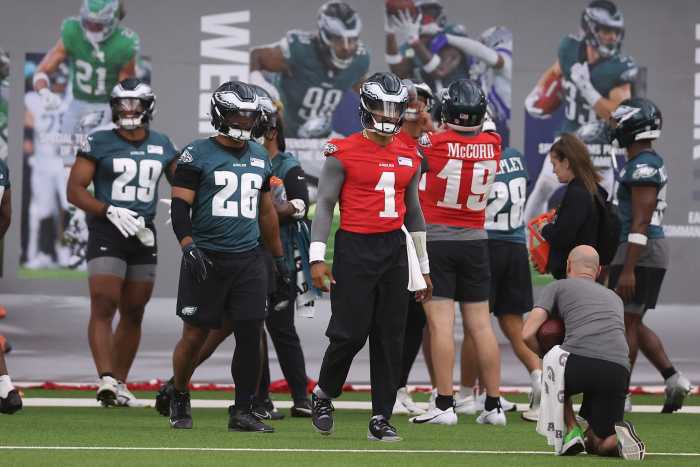What’s now known as “the Starbucks incident'” put Philadelphia in the national spotlight – in a bad way. Outrage over the April arrest of two black men for simply sitting in a Starbucks coffee shop in Rittenhouse Square is still being felt across the nation, but here in Philly, the police department has instituted a new “defiant trespassing” policy to combat “racial bias” in its policies and practices.
“The department is committed to addressing any concerns about racial bias in the department’s policies and practices,” the police department said in its recent announcement of the new policy. “After examining various aspects of the incident that took place at Starbucks coffee shop in Center City on April 12, 2018, department leadership recognized a need for a policy that would better guide officers when called to investigate and enforce defiant trespass complaints.”
Police Commissioner Richard Ross issued Memorandum #18-02, which was intended to “addresses what happens when officers are called to a private business that operates a quasi-public space,” specifically by giving officers and their supervisors “greater discretion.”
At first glance, some experts say the policy, if upheld, could be a step forward.
“Good community policing involves exercising discretion,” said Paula T. Edgar, president of New York’s Metropolitan Black Bar Association. “If your officers don’t have an understanding of what they can and can’t do, then maybe there’s an assumption you have to go straight from the call to arrest.”
Under the new policy, for an arrest to be made on misdemeanor defiant trespassing, five conditions must be met, including that the owner or authorized manager has asked the person to leave and been refused in the presence of police and must personally sign a criminal complaint confirming their wish to prosecute the individual. A supervisor must approve the arrest and can refuse if the complainant “is attempting to misuse the enforcement powers of the police,” the policy states.
The preliminary steps to a trespassing arrest have also been rewritten, to “avoid misuse of police authority by business owners and the appearance of any impropriety by the officers,” the policy states. Now, officers are first directed to “attempt to de-escalate and mediate the disturbance between the owner and the offender” before having a Crisis Intervention Team-trained officer respond and requesting a supervisor.
Some are already praising the policy. “It took integrity to admit that the arrests should not have happened. It took even more to follow through with the development of a new policy on incidents involving alleged trespass,” said City Councilman Kenyatta Johnson in a statement. “After preliminary review of the new policy, I believe it provides clear, thorough, and well-reasoned guidance to police personnel.”
But Edgar said the policy sounds most helpful as a measure of “accountability” in addressing racial disparities in trespassing enforcement, which she said was evident in the Starbucks incident.
“Because they were black men, there was a quicker rush to judgment about them being in the wrong and then being detained,” Edgar said. “You want the community to be able to trust the police. If there’s fear there without something even having occurred, then that trust has already eroded before you’ve even had an interaction.”
The Starbucks Incident
Video of Donte Robinson and Rashon Nelson being arrested in Starbucks at 19th and Spruce in Philly on April 12, purportedly for not ordering anything, sitting at a table and refusing to leave, went viral internationally.
The two men have since settled a legal action with the city in return for $200,000 in funds to start a School District program for entrepreneurs. They settled with Starbucks corporation for a confidential financial settlement, and an agreement in which they will advise the company on diversity matters, and also get financial aid from Starbucks to complete college.
Starbucks closed 8,000 U.S. locations for part of the day on May 29 for company-wide “implicit bias training” of its employees.
